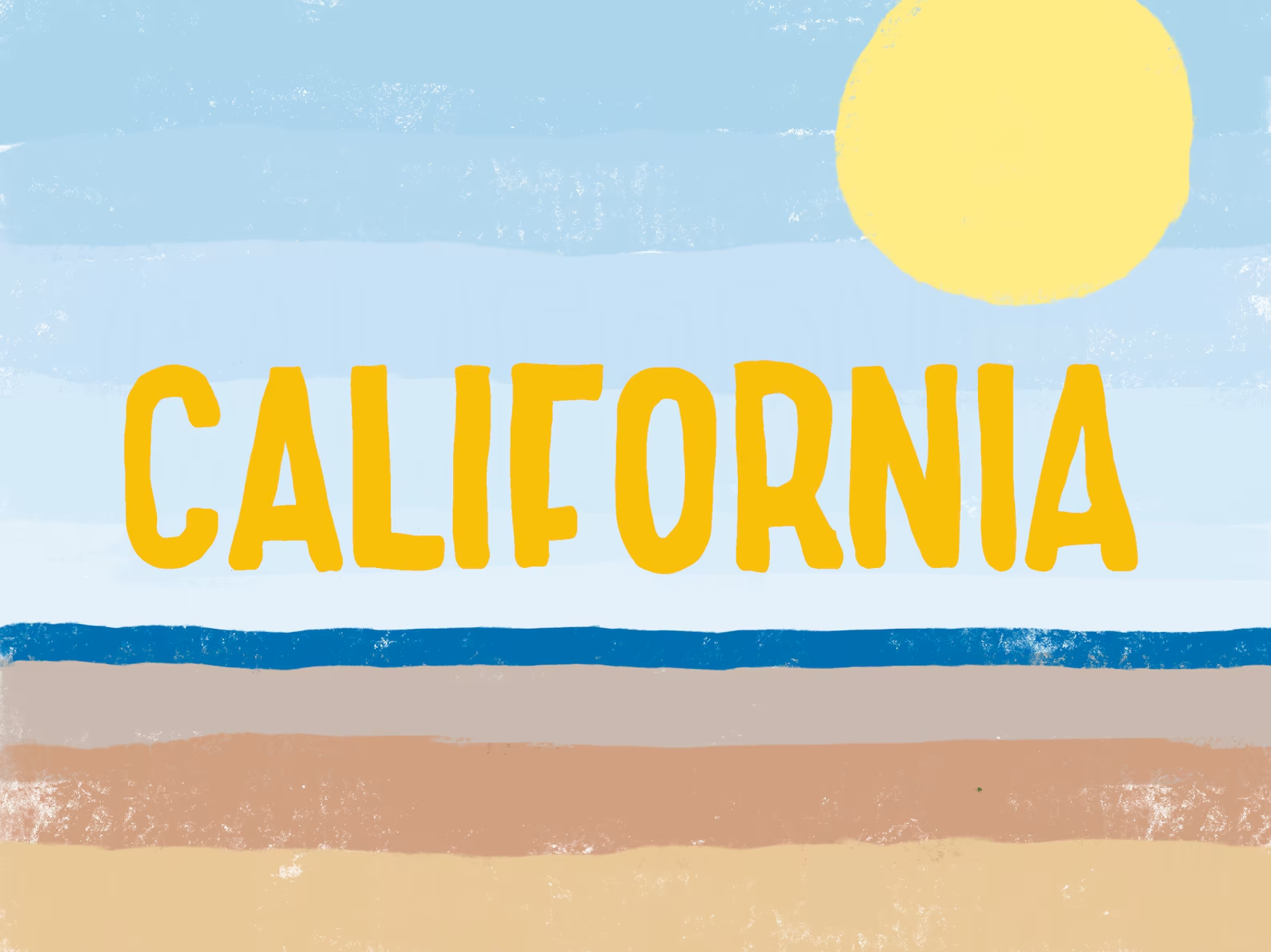
James Fallows has written a fascinating piece for Wired (temporarily out from under the paywall)about California and the future that I hope you will read with an open mind. An excerpt:
California has at many points been held up as an American paradise. Now it’s widely seen as closer to hell. Runaway housing prices, tax burdens, homelessness, congestion, fire, drought, flood. The best sides of tech innovation, and the worst of tech-bro greed and narcissism. These are the state’s hallmarks. This perception is particularly rampant among Republicans: Polls show that two-thirds of Republicans say this one US state has done more damage than good for the country, and that almost half of them don’t consider it “American” at all. Beyond political party, fully half of adult Americans say in polls that California is in decline. As a recent headline put it shortly before Harris became the Democratic nominee, “California’s image will be a weapon” against her as a candidate.
Never mind that one in every eight Americans still lives in California—a population larger than 21 other US states combined—and that its economic output is bigger than any entire non-US country except China, Japan, or Germany, and that it’s the birthplace of an disproportionate share of the world’s most familiar and valuable brand names. The overwhelming sense is that the California miracle is over, its reservoirs of dynamism as tapped out as the Central Valley’s aquifers during recent years of drought.
As a Californian who has spent most of his life in other parts of the United States, and as an American who has lived for more than a dozen years in other parts of the world, I’ve often been struck by the ways declinist alarmism about my home state can feel like a displaced version of declinist alarmism about my home country as a whole.
“California is America, but sooner,” the USC sociologist Manual Pastor has said. That goes for huge cultural and demographic shifts (California was the first mainland US state whose diverse population became “majority-minority,” back in the 1990s, a full generation ago) and for era-defining crises, self-inflicted and not. And most importantly, it also goes for solutions—the kind that can redirect the momentum of American life, and life around the world, with a leverage no other state possesses.
Just take the area of gasoline-powered transportation. After World War II, when American car culture was famously getting minted in Southern California, the state used a gas tax hike to build out one of the first modern freeway networks. In the ’50s, the US federal government borrowed that same model to construct the interstate highway system. Then, starting in the 1980s, California led the fight against leaded gasoline, eventually banning its sale in 1992, four years before the US as a whole did the same. In 2019, after Donald Trump’s administration rolled back emissions standards for cars, California struck a deal with the world’s leading carmakers, from Ford to Honda to VW and BMW—to make existing standards even tougher in the face of climate change. The size of the California market made this a de facto national standard (which the Biden administration later ratified).
It would be one thing if this were just a history lesson. But the same kind of dynamic is playing out right now in a few crucial arenas that virtually no one beyond California is talking about. And I’m happy to report that the America taking shape on its Pacific coast is again inventing solutions far more rapidly than conventional wisdom has accounted for.
[…]
California deserves new attention as the “reinvention state” rather than a “resistance state.” Even under Trump, there’s still a good chance that as California goes, so eventually goes the country, and eventually much of the world. Here are a few illustrations of where it’s headed. None of these is “the” solution to California’s many problems. But each of them illustrates the creative spirit from which solutions have always come.
I urge you to read the whole thing while it’s still beyond the paywall. It’s really good and should provide at least a modicum of hope that despite the destruction Trump is about to unleash there is another vision.
It’s not that California doesn’t have problems. It has all the problems everyone else has and often shows the new problems before the rest of the country. It’s spawned the era of the tech bro libertarians that has become a blight on all of us. But because of its massive population, resources, wealth and talent, it also often shows the path out of it.
I live here and I didn’t know the half of it. It’s reassuring. If we can get through this perilous period without an unrecov erable catastrophe, there is hope.
Fallows concludes:
The story of America involves continued rediscovery of its potential. That is the story of the most American state as well. “I’d give anything to trade for America’s problems,” a senior Chinese bureaucrat told me in 2008, when I was living in Beijing and the United States seemed to be in free fall. America had emergencies; China, he explained, had more threatening long-term weaknesses—as has become clear in the years since then. As I write, America’s immediate political prospects are uncertain. But however this year’s election turns out—with a president who was born in California, or with a California girding itself to show that it still represents the future—the state demands attention for its many innovations, and not just its travails.